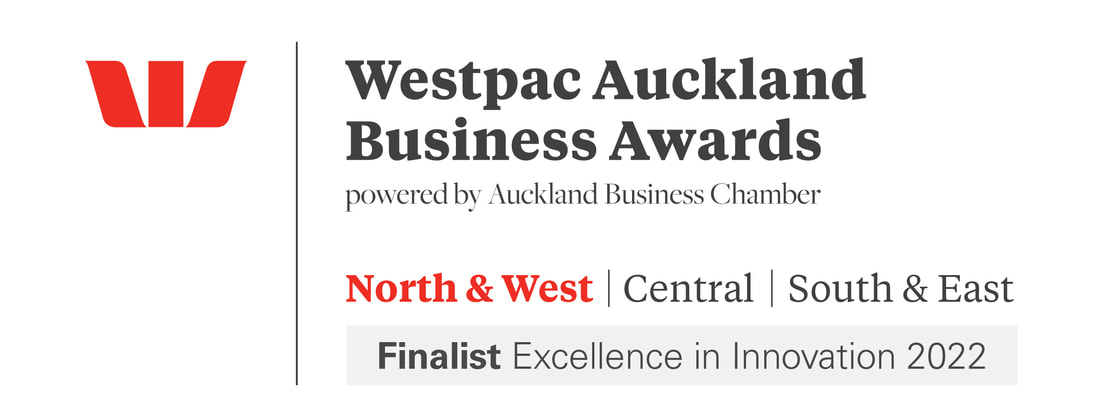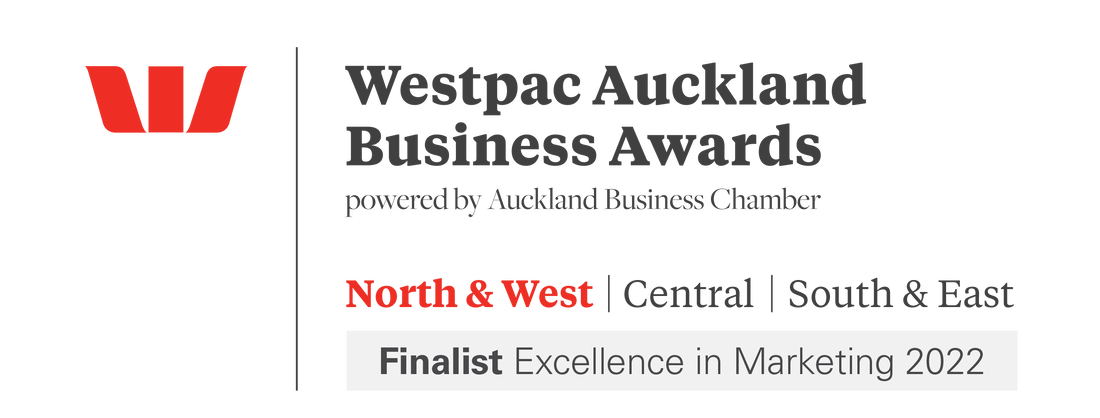A day in the life of a Funeral Director - Meet Hazel James from Windsor Funerals.In the next coming weeks we’re doing Q & A sessions with funeral directors from across New Zealand to tell us about themselves and their business. We caught up with Hazel James, the manager at Windsor Funerals on Auckland’s Northshore, to ask her to provide an insight into the life of a funeral director. When did you decide you wanted to be a funeral director? How did you get into it? My father started as a funeral director on the North Shore when they arrived from the UK in 1965 so funeral directing has been always been a part of my life. I always knew Dad took care of dead people and our family life revolved around his oncall duty work. I used to work in the funeral home on the school holidays when I became a teenager and after my parents bought the company I joined the family business full time. I have always loved people so the job has come very natural to me. Tell us about your business? The business I manage and work for is Windsor Funerals. We are a social enterprise company and understand that every family has different needs and that no two funerals are ever the same. As we are a not for profit, we can specifically tailor a farewell to meet a family’s budget. Our purpose is to serve the community through much fairer pricing of funeral services than is currently available, while still providing the highest quality of care and professionalism. What makes your business different? We are NZ owned, unlike the majority of funeral homes across Auckland. As we are not driven by profit margins we have the ability to assist families no matter how much they can afford to have a truly special and meaningful funeral. We are also one of the few funeral homes that can offer 24 hour viewing if families require it. What do you love most about being a funeral director?
I love caring for people and I especially love listening to the stories of the people we are caring for. Everyone has a story and I find each one interesting. What are some of the biggest changes you’re seeing in the funeral industry? There has been a big move from a big traditional funeral, to a small intimate farewells, especially with the arrival of COVID. People are looking at a service that is more personal and meaningful for them and their loved one rather than what has always been done so many families are moving away from the traditional style. Technology also plays a major role in a service now with most being livestreamed whether they are a small service or a large traditional one. Now our company has its own Vimeo channel and we often take our iPad with us on a service to record or stream it. What does a typical day look like for you? There is no typical day at Windsor Funerals and that is one of the wonderful things about the job. Our weeks vary a lot and no two days are ever the same. They can be full of meeting families, transfers from hospitals and rest homes, funerals, organizing monumental work, laundry, maintenance around the building or getting out and about connecting with our community. What qualities do you need to be a funeral director? To be a good funeral director you need to be very organized, a great listener, a good communicator, patient, creative, with good attention to detail. You also need physical strength, be a great multi tasker and also be able to go with the flow as you never know what will be thrown at you at the last minute. How do you unwind from work? I love sitting in the spa pool under the stars with a nice glass of red wine. What three things can’t you live without? My family and friends, great food, and my cell phone (I love to stay connected to family and friends). Do you have any tips for anyone thinking about becoming a funeral director? It is not easy work and the hours can be difficult but it is a very rewarding and satisfying to assist people when they are at their most vulnerable. Try and see if you can volunteer for work experience at a funeral company to see if the job is truly what you understand it to be. Get in touch with Windsor Funerals [email protected]
1 Comment
The Difference Between an Outside The Box Casket and Other Cardboard Caskets
With more and more people turning towards eco-friendly funerals, there has been a rise in sustainable caskets. Eco-friendly caskets are an excellent way to lower the carbon footprint of a funeral without sacrificing the tradition and honour of burying a loved one. One New Zealand-based company, Outside The Box Caskets, stands as an example of just how stunning sustainable caskets can be. Eco-friendly caskets are made from recycled materials, primarily cardboard. Some people may hear this and be worried that the casket will no longer be stable or unique; while this is a natural worry, it is not a problem with a proper eco-friendly casket. Here is what makes Outside the Box Caskets so different from the rest! The Design is Award-Winning - Literally! You might be wondering how a cardboard casket could be shaking up the traditional funeral scene. The designs of Outside the Box Caskets have won many awards, from winning two Australian Gold Good Design Awards to taking gold at the 2020 Australian Packaging Innovation & Design of the Year Award. Simply put, these caskets are award-winning. The design includes clever and innovative folding mechanisms that increase the weight capacity of the casket. Each casket can hold up to 320kg, making it as stable as anything else in the business. No plastic, glue, or metal parts are used in the design. This makes them incredibly eco-friendly without taking away their stability and security. Handles are handmade and attached to the casket, and the lid is secured with jute string. The design keeps in mind the little intricacies of the funeral process and allows you to honor your loved ones with as little stress as possible. Every detail is planned out, so all you have to do is purchase the perfect personalised casket for your loved one. Outside The Box Caskets Are Sustainable and Personable The caskets are designed by founder Becs Bartells, an experienced product designer and innovator. Becs specialises in crafting products that bring the personal to the traditional, and that has without a doubt been accomplished by Outside the Box Caskets. Cardboard caskets have a reputation of being cheap or impersonal, but this is not the case! It may be cardboard, but the caskets are not cheaply made and can in fact be personalised much more than traditional caskets. Unlike other cardboard coffins, Outside The Box Caskets are certified for eco-friendly funerals. It is not about the materials used, but about the ability to leave a legacy rather than a large carbon footprint. We understand that sustainable and eco-friendly caskets may not be for everyone. But if you are looking for something that is made with love, brings a unique and modern feel to a traditional funeral service, and helps the environment along the way, Outside the Box Caskets will be right for you! Be unique and eco-friendly at the same time! Caskets are a final resting place built with love and care, and Outside The Box Caskets ensures that they will honour the deceased with style and security. Creative Ways to Personalise a Funeral Some people say that funerals are for the living rather than the ones who have passed. Whether you agree or not, we all understand that funerals are an essential part of the mourning process and allow us to properly say goodbye to and honor our loved ones. It is important to create a funeral that is unique to your family and to the one who has passed. However, it can be hard to think of ways to make a funeral more intimate or personal. Funerals are more than just mourning; they are a celebration of life and the beloved memories you share with your loved ones. Keep reading to find out creative ways to make a funeral that feels truly personal. Incorporate Their Favourite Things Funerals are a celebration of the life that has ended, and a great way to make it personal is to try and include all of the favourite things they enjoyed when they were alive. This can include: - Flowers - Music - Books and poetry - Food - And so much more! If they had a preferred flower or scent, you can decorate the space with it. Along these same lines, if they were a dedicated sports fan you could decorate the hall with the paraphernalia of their favourite team. Charities or other organisations that your loved one interacted with are another great way to personalise a funeral. Encourage donations or even partner with their preferred organisation to make the day truly personal and selfless. Create a New Kind of Guestbook Consider throwing out the traditional guestbook for a more personal gift. It is customary for attendees to sign in at the front, but that can feel formal and awkward. Instead, guests could sign a picture frame of the deceased along with a personal message. They could also sign cards to be distributed to the family or buried in the casket. If people are comfortable, they could even film a short video introducing themselves that could be incorporated into a large video showing all of the friends and family of the one who has passed. Find a Personalised Casket
Another way to create a truly unique funeral is to offer a personalised casket or coffin. There are so many variations out there, with eco-friendly cardboard caskets being just one of the many examples. Outside The Box Caskets is a company that offers personalised and sustainable coffins for your loved one. They even have a DIY casket that can be decorated by the family, allowing you to say goodbye in a truly memorable way. In the end, funerals are already an extremely personal event that celebrates a life that has come to a close. Decorating the hall with their favourite items or finding a personalised casket are all ways to honor the one who has passed away. By putting in the effort to forge a creative and personal funeral, you are able to celebrate your loved one and feel closer to them than perhaps ever before. Why Eco-Friendly Caskets are The Future We get it: talking about death is hard. The traditional funeral stands before us with all the steps planned out: a quality casket, a memorial, and a thoughtful service. Yet anyone who has experienced the planning and organisation of a funeral can tell you that they have one secret aspect people don’t usually know about: a carbon footprint. Traditional caskets and coffins are made from mature trees that have been cut down. You’d be forgiven for not wondering about the production or the impact on the environment that comes from such a process. But in reality, coffins and caskets have a negative impact on the world around us. From someone who has spent their entire life trying to make a good impact on the environment to loved ones trying to leave behind a worthy legacy, this is upsetting news. But you don’t have to choose between a quality resting place for your loved one and a green funeral. Eco-friendly caskets like the ones from Outside the Box Caskets are the perfect solution to honour your loved one without harming the world that they are leaving behind. Outside the Box Caskets Are Eco-Conscious and Heartfelt You might be saying to yourself: an eco-friendly casket? What does that even mean? Well, it is exactly what it sounds like: an environmentally sustainable casket made from 100% natural and recycled materials. They contain no plastic or metal parts and are ethically sourced and produced locally, making them the best option to leave behind a loving legacy without worrying about the carbon footprint. A big concern about an alternative, eco-conscious casket is the stability. Transportation and being laid to rest requires a casket to be moved, and you need a strong and stable structure to honour your loved one and ensure that they are as protected as possible. However, a casket doesn’t need to be made of timber to be stable. The sustainable materials from Outside the Box Caskets are permitted for funeral services with pallbearers and officially certified for Natural Burials and cremations, able to hold up to 320kgs. Eco-friendly caskets can also be personalised making them the perfect way to memorialise and honour your loved one all the way to their final resting place. Outside the Box Caskets even offers a DIY kraft casket that allows loved ones to write personal messages, heartfelt goodbyes, and signatures on the casket. There really is no better way to sweetly say goodbye to the ones you love. Eco-Friendly End of Life Choices Are Growing As more and more people turn towards the fight for a greener planet, we can also honour the ones who have left us. Eco-friendly caskets and end of life choices are becoming more common, allowing those who are so inclined to lessen their carbon footprint without sacrificing tradition or protection. Please consider an eco-friendly casket for all burial or cremation needs. Because in the end, our primary impacts should not be on the environment, but on the lives we touched and the people we loved. Below is an infographic created by Safe Passage Urns to illustrate some alarming statistics regarding the environmental impact of burial funerals on our planet. The amount of resources required to create and transport timber caskets is astronomical. This infographic by Safe Passage Urns shows examples of the damage caused by burial funerals. It also sheds light on the acres of forest that is cut down for timber for caskets. The more awareness on this topic, the more likely we are to start adopting more environmentally sustainable funeral practices, such as green burials and cremation. Environmental Impact of Burial Funerals
Why you should plan your funeral in advance
Whatever your age, any time is a good time to plan your funeral… except at the time of the funeral. Can you imagine planning a wedding in just a few days, or any celebration for that matter? So, why would you leave the ultimate celebration of your life to the last minute? We don’t know what the future holds. But we can be certain of one thing – none of us are promised tomorrow and denying the reality of death doesn’t make it less true. In many ways, the most loving thing we can do is take care of as much as possible in advance. The future may be uncertain, but by planning ahead, you can make a difference in the lives of your loved ones. 1. You’ll reduce family stress If your wishes are unknown when you die, they will be faced with making difficult decisions at a trying time. Will they know if you wish to be buried or cremated? Will they agree on an open or closed casket? Will they agree on how much to spend? Confusion and disagreements are common occurrences when there is no plan to follow. The more of your funeral that you plan out in advance, the easier it will be for your family to execute on your instructions and wishes. Instead of calling funeral homes and comparing caskets, they’ll be able to focus their time on supporting each other. Taking care of your funeral arrangements is a thoughtful and caring thing to do for your family. It is comforting to know that you have done all you can do to ease their burden. 2. You’ll help ensure your wishes are met Many people have ideas about what they would like done surrounding their death. Whether you feel that a burial is important for religious reasons or you’d prefer a lively celebration of your life over a sombre affair, planning your funeral in advance will help ensure that the things you find most important will happen. It also gives you a chance to inject some of your personality into the event and reflect on how you’ll be remembered. 3. You’ll help prevent family conflict If you pass away unexpectedly and you haven’t outlined your funeral wishes, your family will be left to guess what you would have wanted. If two family members disagree, that can lead to a lot of unnecessary tension in the funeral planning process. Even if you’re certain you’ve mentioned to your family that you’d prefer cremation over a burial or the type of casket you’d like, grief can cloud memory, so the more you can record, the better. This also holds true for smaller funeral decisions, such as the songs you would want played. Each decision that you make (and record) in advance, is one fewer decision that your family members will need to make and one fewer opportunity for family tension. 4. Planning Can Save You Money It’s quite common for families to overspend when a loved one dies. Often, the family wants “only the best” for their loved one or their financial decisions are clouded by grief. This is why it’s a good idea to plan ahead. You make financial decisions with a clear, rational mind rather than one affected by emotional strain. In this way, you can control the ending budget for the cost of your funeral. By doing this, you can save your family money in the long run. Below are links to free information and downloadable guides to End Of Life Planning in New Zealand. Health Quality and Safety Commission of New Zealand https://www.hqsc.govt.nz/our-programmes/advance-care-planning/information-for-consumers/resource-overview/ End Of Life Services New Zealand https://endoflife.services.govt.nz/create-my-plan#phase-582 New Zealand Seniors https://www.nzseniors.co.nz/funeral-insurance/discover/planning-funeral-first-steps Going out in style – why a personalised casket really is the way to go! Closed or open casket, we get one last chance to leave a lasting impression, but will that casket really reflect you and what you cared about? Caskets are an essential part of a funeral arrangement, but why do they all have to look the same? A personal touch really does say so much. Caskets have traditionally only been available in quite standardised designs and colour palettes with little or no option to personally customise. However, increasingly, families are moving away from these traditional style coffins and opting for more colourful and completely personalised options. Personalised caskets are a reasonably new concept and have been trending in popularity over the recent years. A personalised casket allows you to create a final tribute for your loved one for the last time. A personalised casket can help you pay your respects to your loved one, uniquely and creatively. A casket is an essential element to a funeral and it can create a lot of emotion when it is seen. A personalised casket has a gentler and less confronting aesthetic compared to traditional timber veneer coffins. For this reason alone, it is easy to understand why a personalised casket can be a more meaningful choice for a funeral arrangement How Can You Customise a Personalised Casket? A personalised casket is usually presented blank with the ability for family members and friends to customise it according to their loved ones personal preferences. Cardboard Caskets are an excellent choice for this as they are essentially a blank canvas for those to honour their loved one in their own special way. It’s entirely up to you with how creative you want to be, the options are endless. There are lots of different mediums to personalise a cardboard casket, such as paints, crayons, and markers and making drawings on the casket. Some people paste images (using non toxic glue) of their loved ones on the casket to remember the wonderful times they spent together. You can also include special written messages from friends and family. - Photographs - Hand written messages of love, memories or quotes - Hobbies and activities - Favourite animals and pets - Landscapes - Sports teams - National identity (flags) - Beautiful natural Landscapes – click to see Outside The Box Caskets Nature Eco Lid Designs Why Do People Opt For a Personalised Casket?
Creates Memories A personalised casket allows family and friends to create memories for the last time. Expressing their own grief for the deceased can be very healing and cathartic in helping family members through the grieving process. Adds Value Your loved one who has passed away might not be there to witness the funeral, but you will be at peace knowing that you did something special for them. A personalised casket adds significant value to a funeral and makes the final send-off special and heartwarming. Imagine how you would feel if you were given a funeral that included a personalised coffin instead of a plain, old brown coffin? What would you rather? A Personalised Casket for Your Loved One Want to create a lasting impression after the passing away of a loved one? Do you want the casket to speak volumes about how much you loved them and how much they will be missed. At Outside the Box Caskets, we cater to personalised caskets at the request of our customers. We offer eco caskets that can be personalised according to your wishes and requirements. By choosing our DIY Kraft cardboard eco casket, you can create a unique design of your own. You can add photos, quotes, drawings, and other decorations and anything else you want. Our cardboard eco caskets are 100% biodegradable, so you don’t need to worry about harming our ecosystem. Alternatively if you are stuck choosing something, there is our Nature Eco Lid Designs that are perfect for anyone who has an appreciation for the natural world that surrounds us. Choose from 6 nature inspired designs, from a picturesque New Zealand coastline to forest ferns or pohutukawa blossoms. The designs are printed directly onto the casket lid using 100% eco-friendly UV inks, ensuring you can add colour to your casket without the impact on the environment. Why you should be considering a Cardboard CasketMaybe you are contemplating a green burial and are considering a cardboard casket as part of your funeral arrangement? Though, are you equipped with the right information around why these types of eco coffins are a better choice?
Eco caskets or cardboard coffins are still seen as quite unconventional, but more recently people have been making more eco conscious decisions and wanting a greener alternative to the more traditional type of funeral arrangements. Read on to find out more about cardboard caskets and why they should be regarded as a greener choice. What is a Cardboard Eco Casket? A cardboard casket or coffin is a container in which the body of a deceased loved one is buried or cremated. Unlike a traditional casket, a cardboard coffin is made from corrugated cardboard or sometimes a type of honeycomb. Corrugated cardboard has been around since the 1800’s and today it is one of the world’s most widely used and available materials. With constant advancements in its performance qualities, cardboard is the ideal material to manufacture an eco coffin or casket. 1. Cardboard Caskets Are Environment Friendly A cardboard casket can definitely be seen as more environmentally friendly compared to wood or metal caskets. Made from recycled and biodegradable materials, it is the ideal choice for a green burial or an eco-friendly funeral. A cardboard casket contributes to saving the environment by producing less carbon emissions and contributes to less deforestation. It quickly decomposes into the soil and is also 100% biodegradable. Better Meets Reality indicated that cardboard generally breaks down within 2 months in comparison to wooden caskets that can take up to 10-15 years. This timeframe is obviously dependent on different factors that might influence how quickly materials break down in varying conditions. 2. Cardboard Caskets Are Strong And Durable You might think that cardboard is an unreliable or weaker choice of material especially for a casket. You will be surprised to know that cardboard caskets are strong, with different load bearing capabilities, which range from 100 – 240kg, and an Outside The Box Cardboard Casket has been tested to an impressive 320kg! A cardboard casket is also easy to lift and can be shipped off flat pack which makes it more economical anywhere you may require it to go. Not to mention, a cardboard coffin is lightweight, making it easy to handle. 3. Cardboard Caskets Are Suitable For Funerals A cardboard casket is a suitable option for both burials and cremations. It is widely accepted with most funeral directors, burial sites and crematoriums. During a cremation, a cardboard casket contains fewer toxic substances that are released within this process. Compared to other caskets, a cardboard coffin cremates faster, requiring less fuel use and is therefore responsible for fewer carbon emissions. Are You in Search of a Cardboard Casket? Are you planning a green burial or eco-friendly funeral for a loved one and would like to select an option that doesn't impact negatively on the environment? At Outside the Box Caskets, we only deal in eco-friendly cardboard caskets for burial and cremation ceremonies. Our eco caskets are designed with the environment in mind and are made from all natural, sustainable and recyclable materials. To enquire about our cardboard caskets for whatever service you are planning for, you can reach out to us through our website at www.outsidetheboxcaskets.nz. Going away in an Eco Casket: The last thing you can offer to this worldAre you a nature lover and consciously think of ways to minimise your personal impact on the environment? Do you feel that it’s essential to give back to the world, especially after you have gained so many benefits from it? With more and more people trying to live eco-friendly, green and sustainable lifestyles, many of us are also considering the impact we can have on the environment when we die. You may not have really thought too much about it till now, but trees take 28-30 years to grow and are the main material used to make timber caskets which are then only buried or cremated. Seems like such a waste of natural resources and cost. The good news is that there are now alternative options such as cardboard caskets and coffins that you can choose from rather than a traditional casket made from timber or MDF. A green study from Southern Cross University found that making greener choices led to deeper levels of life satisfaction and positive outlook on life compared to those that didn’t. So, just like recycling, reducing single-use plastics or reusing reusable bags for shopping, nominating something eco friendly in your final wishes seems like a natural fit. 72% of those in the study also hoped to leave a better planet for their children which make all of these choices even more motivating when it comes to protecting our environment.
Any funeral arrangement, whether it be a burial or cremation will carry some environmental impact or footprint but it’s important to understand how you can make alternative choices to minimise that impact when it comes to your final send off. What are Green Burials? Also known as eco burial or natural burial, green burials are environmentally friendly and focus on more simple, eco-friendly funerals for the dead. We know people are becoming increasingly concerned about the environment, which has also contributed to a return to more eco-friendly green burials methods. Did you know that according to the Natural Funeral Directors Association, they have seen a resurgence in green burials globally in recent years, with many indicating they would consider having one instead of a more traditional funeral arrangement. What makes Green Burials the best choice? The phrase “Leave it better than you found it,” isn’t always easy to follow when it comes to burials. As our society works to establish sustainable lifestyles, more and more people are turning toward green burials. Green burials have little to no environmental impact and can actually restore natural resources and habitats. Their sustainability comes from the use of nontoxic and biodegradable materials such as eco caskets that are often made from cardboard. Caring for the dead in an environmentally friendly way is both natural and rewarding. Some of the benefits of green burials include; 1. Lower costs When people opt for green burials, they don’t have to worry about having an extravagant, lavish burial. Green burials are simple and do not involve embalming, cremation, and fancy caskets. Instead, they include an eco casket, often a cardboard casket which is 100% biodegradable and leaves no trace. 2. Helps protect natural resources If you have a love for nature in your heart and want to rest peacefully in a green place full of flowers and shrubs, then you should consider a green burial. Green burials are a wonderful way through which you can limit the use of natural resources and preserve natural landscapes. 3. Helps eliminate the use of chemicals As the embalming process is quite popular in traditional burials, green burials help avoid this. This is a good step for the environment as the embalming process includes the use of many chemicals which might be harmful. Many workers also get exposed to this chemical which can also be dangerous for their health. How to make your funeral greener? To make your funeral greener, you can simply opt for an eco coffin as part of your service. These types of eco-friendly caskets have minimal impact on the environment compared to traditional timber coffins or MDF caskets. This means they are made from natural and sustainable materials that are ethically sourced and avoid use of chemicals in their production, meaning they biodegrade naturally into the earth. Outside The Box cardboard caskets NZ are made from 100% natural, sustainable and recyclable materials, so they’re great options for those wanting a certified, greener choice when compared to traditional caskets or coffins. For something a bit more special, these caskets can even be personalised to truly honour your loved one. If your final wish is to go green, the first step is to make sure you have these instructions noted in your living will in relation to your funeral arrangement preferences. Here you can note your wishes if you want an eco casket, green burial or any other personal desires that you want your family to carry out for you. Additionally, to noting this in your will, it is always important to let your family know of these wishes. If you’re looking for a New Zealand Funeral Director to buy a locally made eco casket or cardboard coffin, then you should visit www.outsidetheboxcaskets.nz for more information. Contact us directly if you have any queries about our casket products or to find a stockist near you. |
Archives
May 2024
Categories
All
|
|
Our eco caskets and ashes urns are available from Funeral Directors across New Zealand.
Design registrations are held in New Zealand, Australia, Europe, United Kingdom, China, South Africa and the USA. ©Copyright 2022-23 Outside The Box Caskets |
For sales & distribution enquiries, please contact us.
|
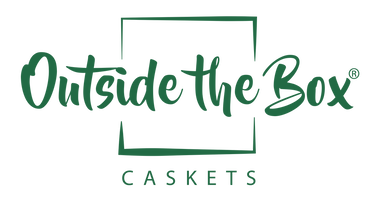
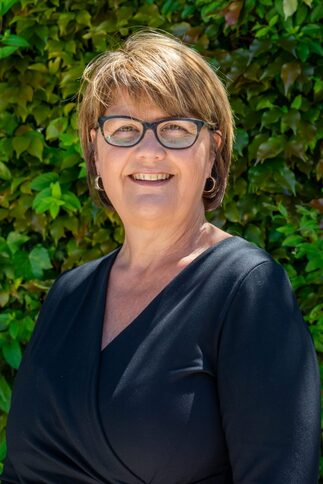
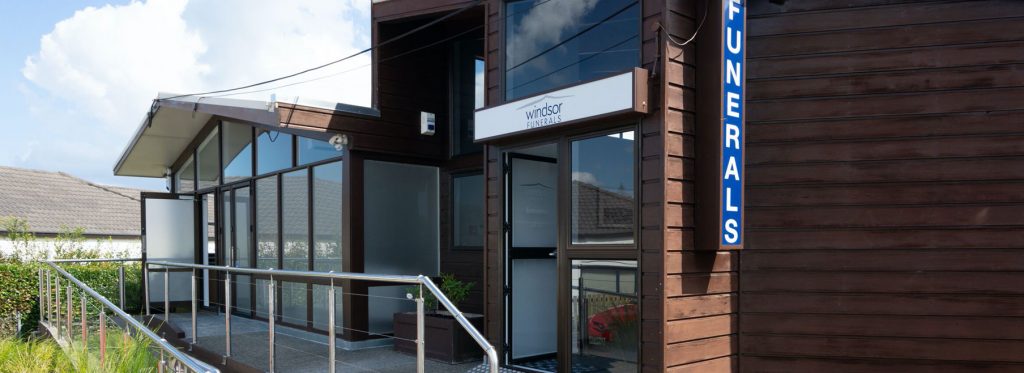
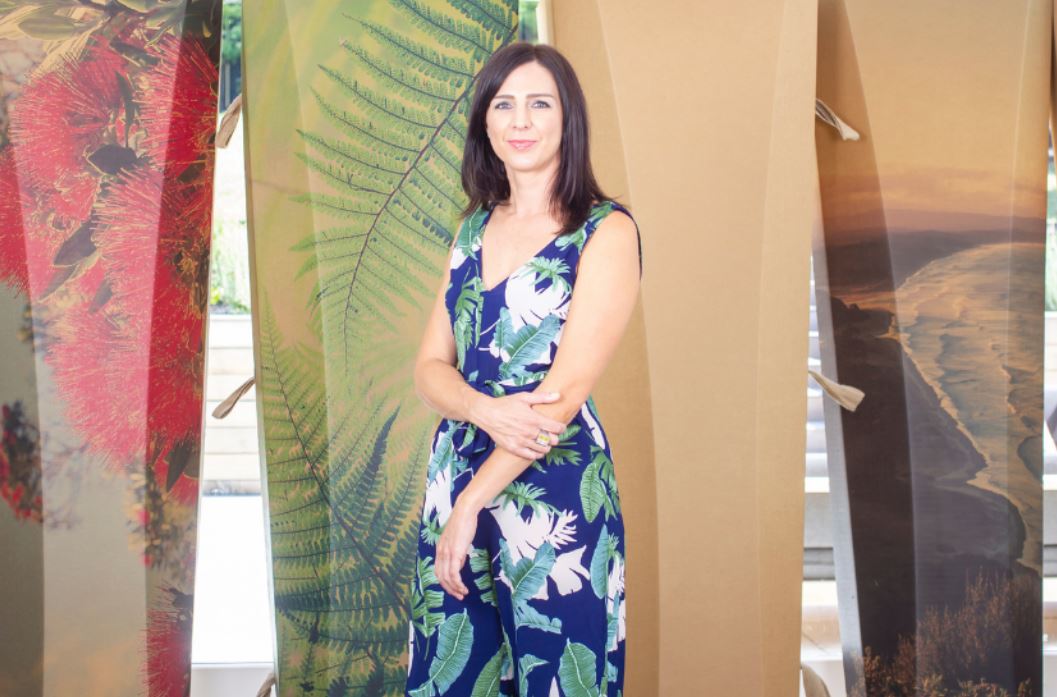
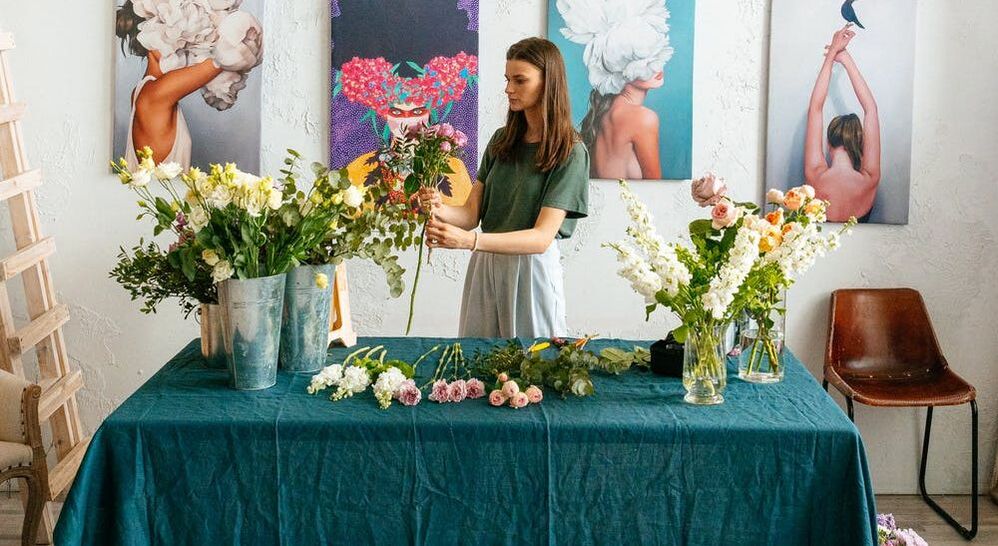
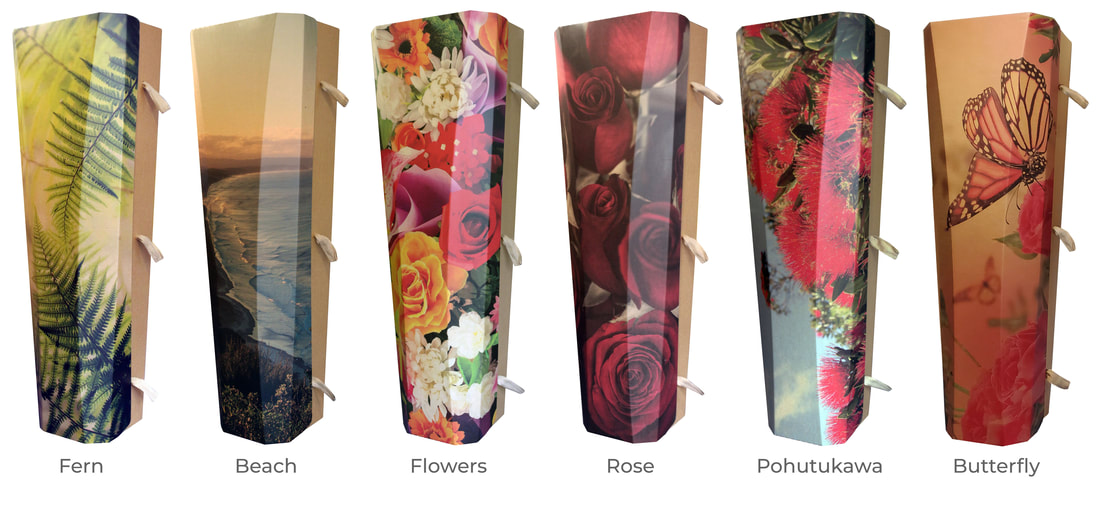
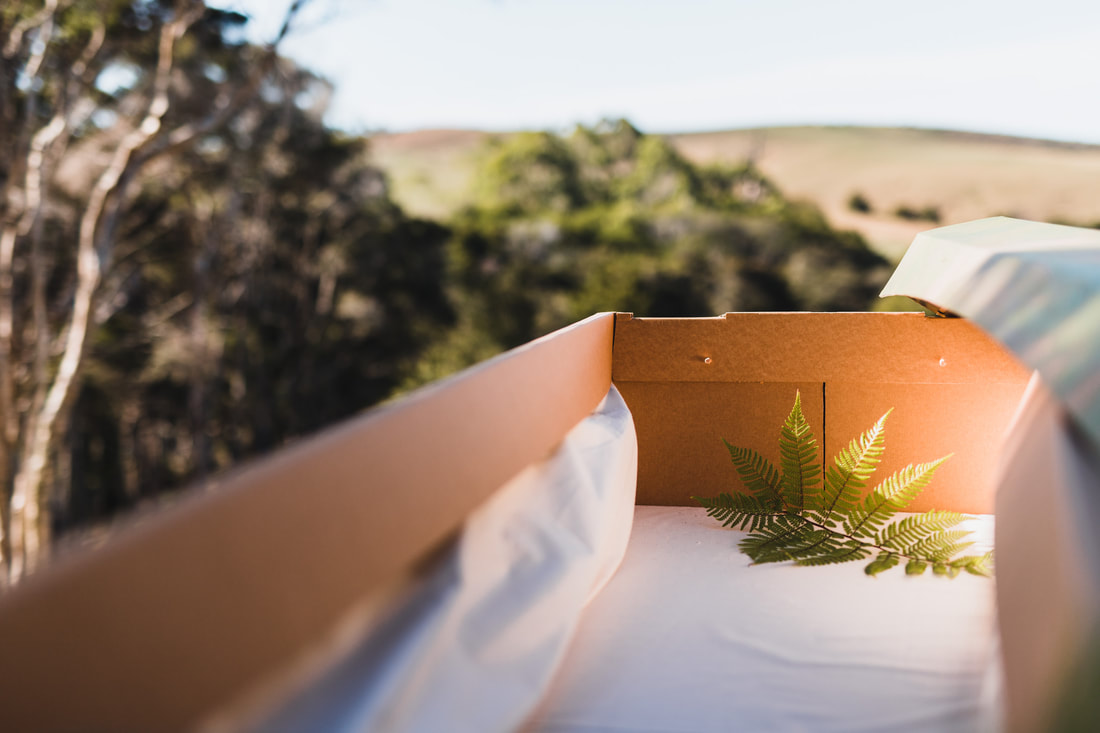
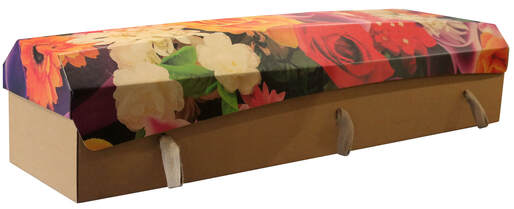
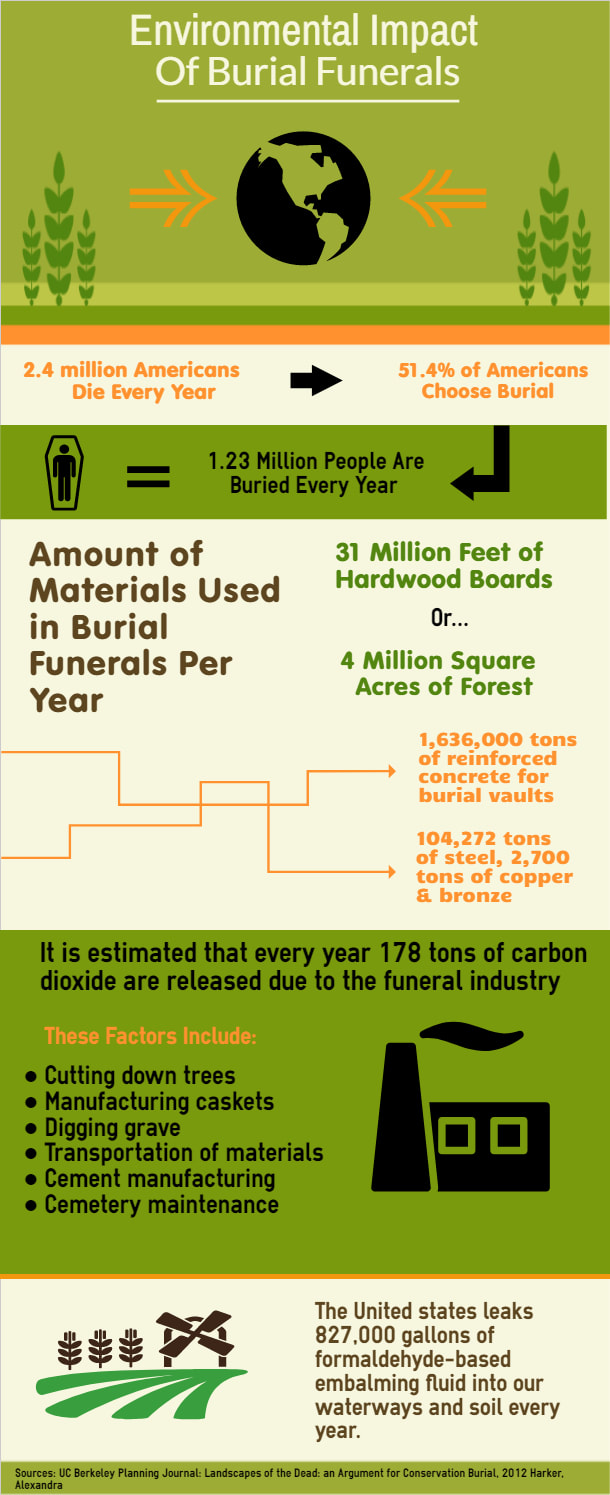
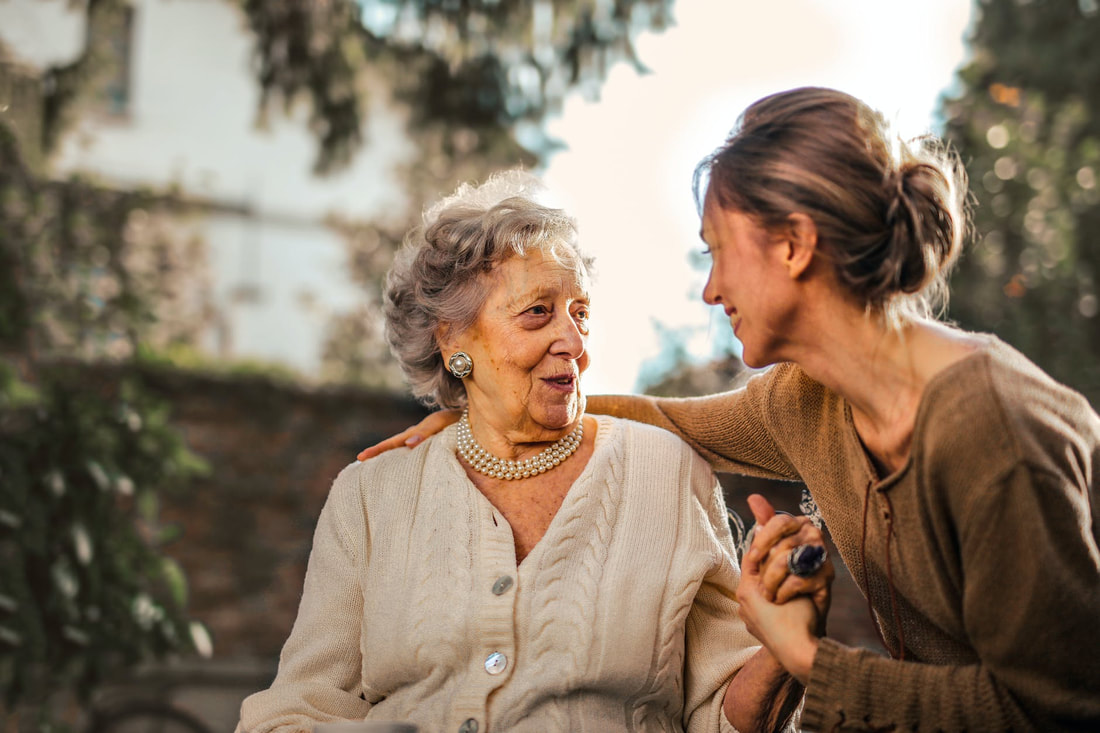
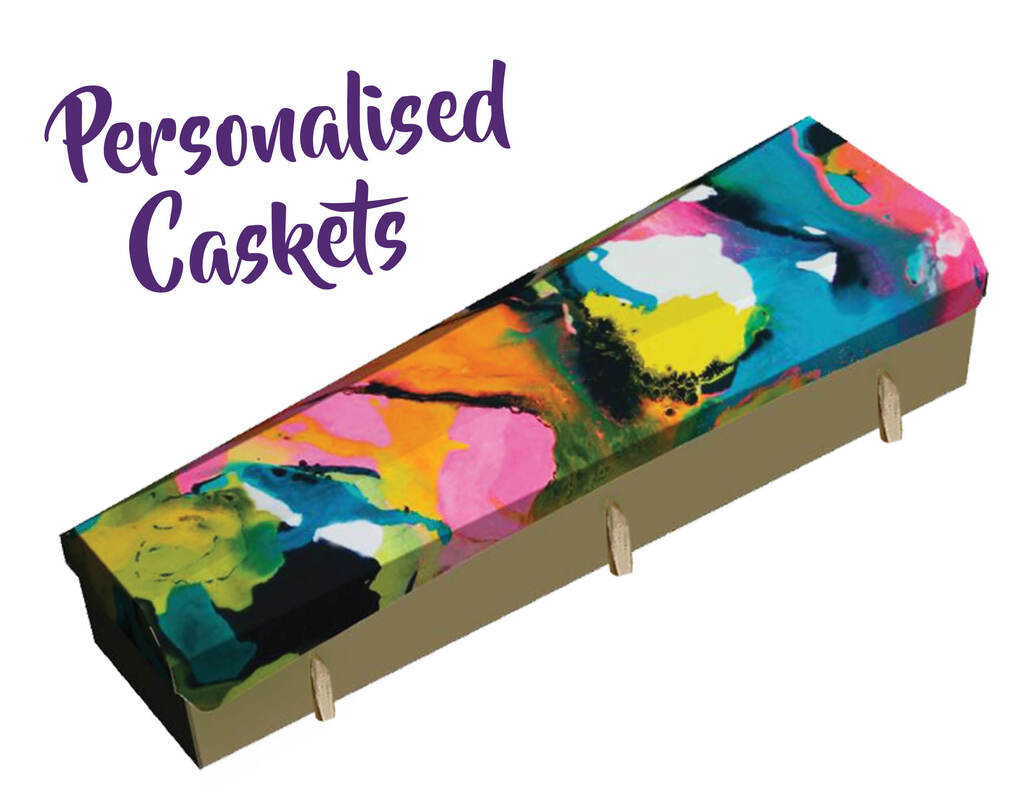
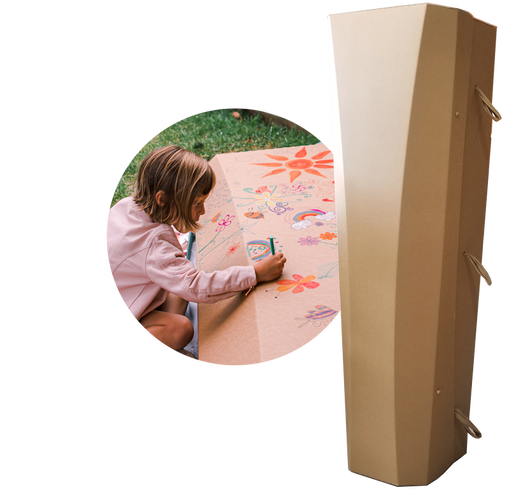
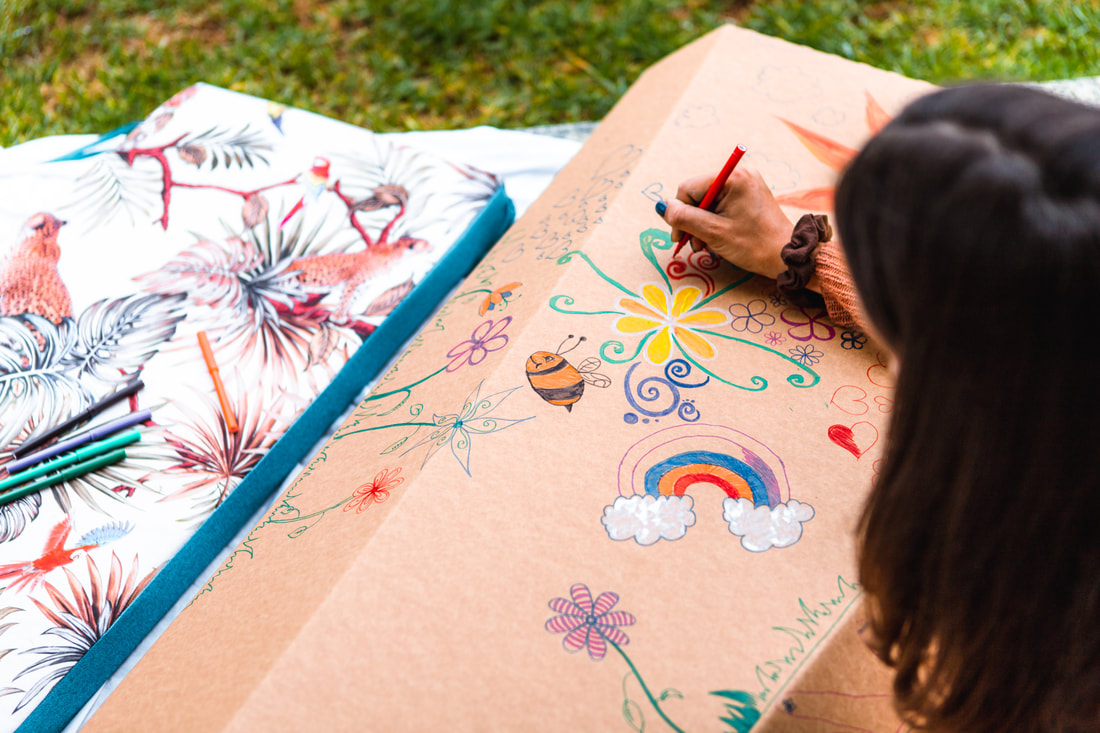
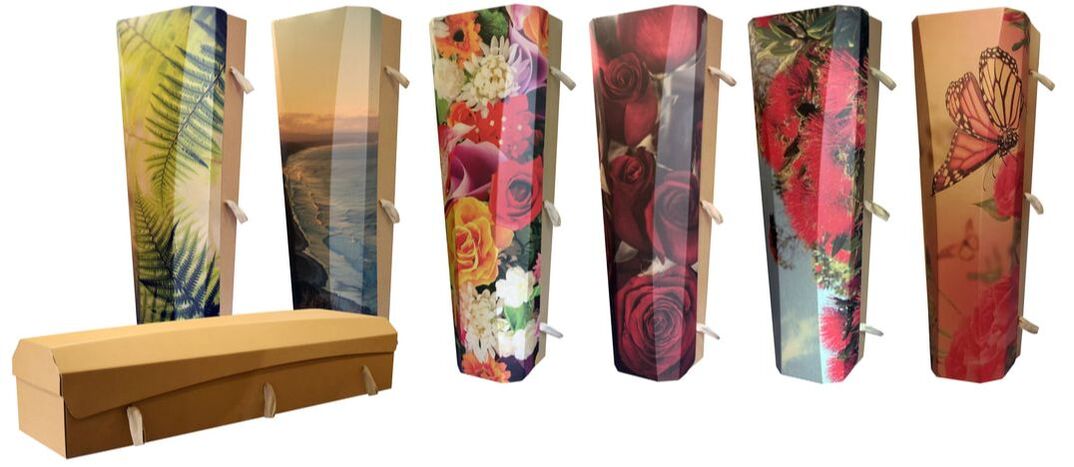
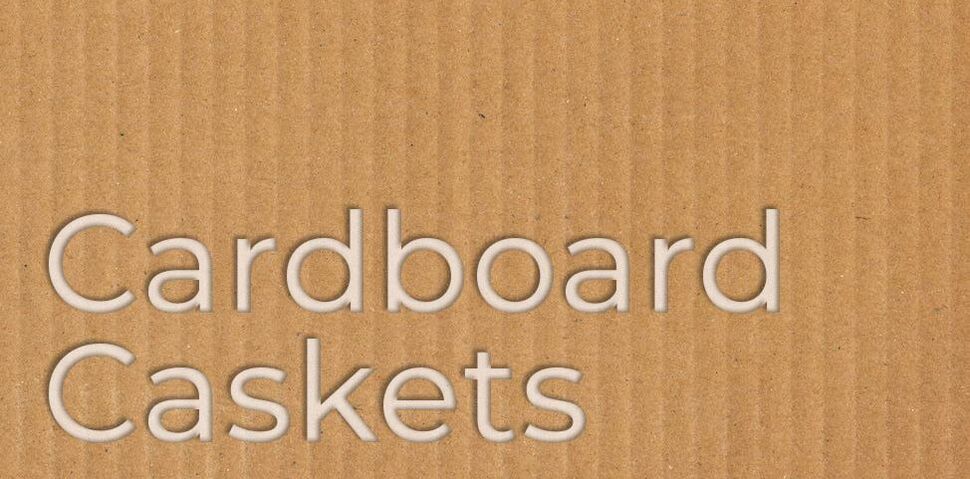
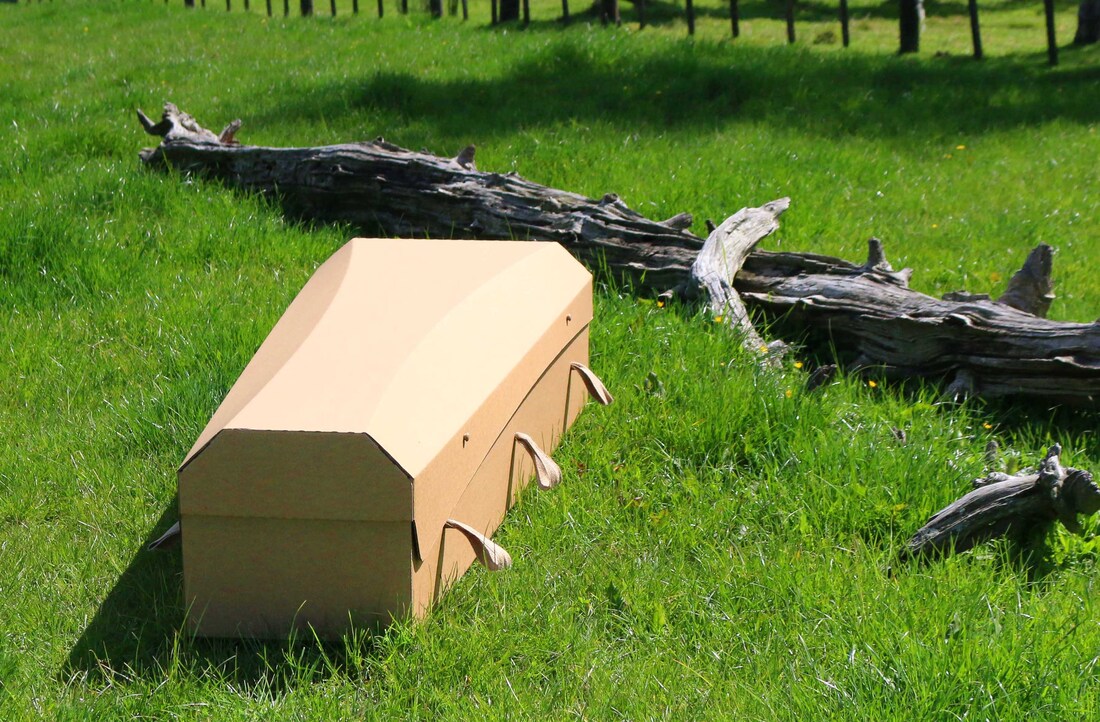
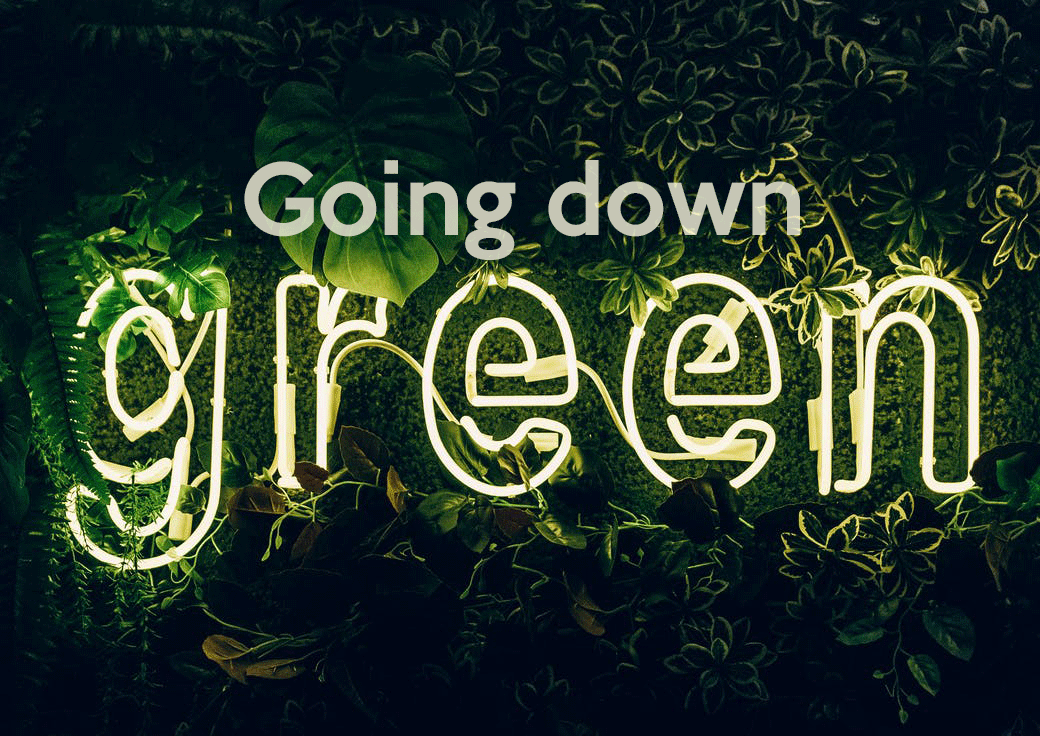
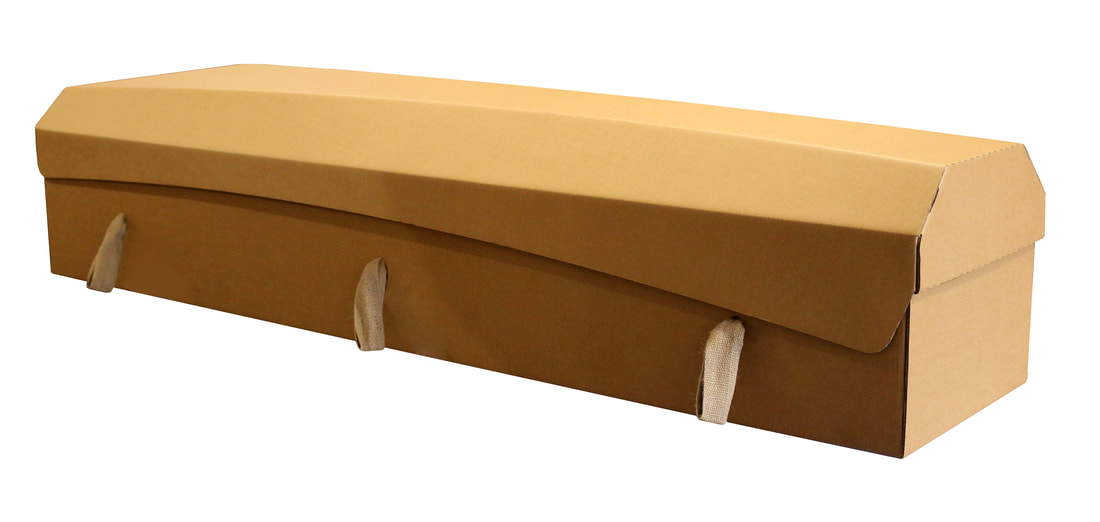
 RSS Feed
RSS Feed


